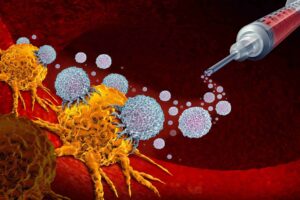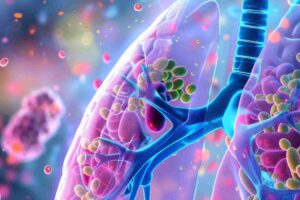Text
Dermatology
The skin can independently generate immune responses to control the microbiota and prevent infections, without relying on other immune centers.
Industry
Lonza's capsules ensures targeted intestinal delivery enhancing stability and therapeutic efficacy for LBPs and pharmaceutical applications.
Industry
Cmbio announces a strategic partnership with Nimble Science to deliver first in class high-quality, multi-omic data insights from the small intestine.
Pediatrics, Otolaryngology
The findings suggest that the microbial communities inhabiting an infant’s nose and throat can play a role in the severity of RSV infections.
Scientific research
The findings suggest that bHB could be a therapeutic alternative to a ketogenic diet. The results also highlight the protective role of the gut microbiota and its metabolites in autoimmune…
Oncology
The presence of specific microbes in the gut microbiota can serve as biomarkers for predicting the efficacy of immunotherapy.
Gastroenterology
By suggesting that the diversity and variety of microbial species play a big role in whether the transplanted microbes can successfully colonize a recipient’s gut, the findings could pave the…
Industry
The acquisition will enhance its ability to address the needs of a growing market, empowering researchers and industries worldwide.
Industry
The live biotherapeutics market is forecasted to exceed $4 billion by 2030, driven by advancements like MaaT013.
Industry
Its emergence in the respiratory health sector represents a paradigm shift, offering promising avenues for innovation and investment.











